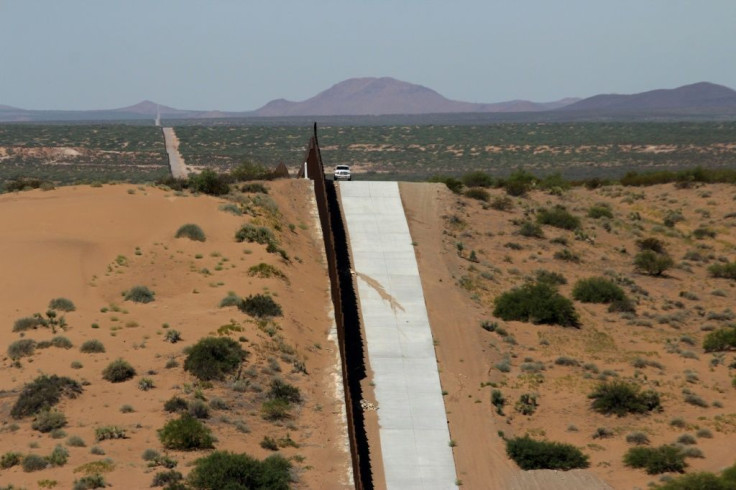Trump Can't Divert Military Fund To Build Border Wall, Judge Rules

KEY POINTS
- Federal judge says $3.6 billion diverted from military to border wall construction illegal
- $2.5 billion attached to drug interdiction may be used for wall construction
- The Pentagon has begun investigating the legality of troop deployment to the border
In a major setback for President Donald Trump, a federal judge Tuesday halted the administration's plan to divert $3.6 billion from the Pentagon for the construction of a border wall on the Mexican border.
U.S. District Judge David Briones found Trump’s emergency declaration in February could not be used to legally shift money from the military to border wall construction. Failing to find the money needed to build his border wall, Trump had ordered funds allocated to the military by Congress diverted to the project.
This ruling comes on a lawsuit filed in El Paso County, Texas, which argued that Trump was acting unlawfully when “declaring a national emergency and violating laws of Congress limiting funds for barriers at the United States-Mexico border.”
Briones, however, ruled that the Trump administration’s use of $2.5 billion allocated to drug law enforcement at the border could still be used to build the wall.
The Trump administration will likely seek an appeal of the ruling, which could land the matter before the U.S. Supreme Court. Currently, the Supreme Court is considering an appeal made by Trump after a federal judge ruled earlier this year that drug interdiction funding could not be used for border wall construction. The court has allowed the funds to be used for the wall in the meantime.
Trump's decision to deploy thousands of military troops to patrol the Mexican border also came under scanner this week. The Defense Department inspector general is taking a look at the legality of Trump’s move. At present, the administration plans to keep troops there until at least September. Concerns over this decision likely sparked the Pentagon probe, as troop deployment to the border was originally framed as intending to last “months, not years.”
At the deployment’s height, more than 5,000 active-duty and National Guard troops have been stationed at the southern border.
The deployment of active service military troops within the U.S. was outlawed under the Posse Comitatus Act of 1878, which may mean that troop deployment to the border was unlawful from the start.
© Copyright IBTimes 2025. All rights reserved.






















